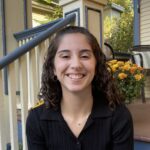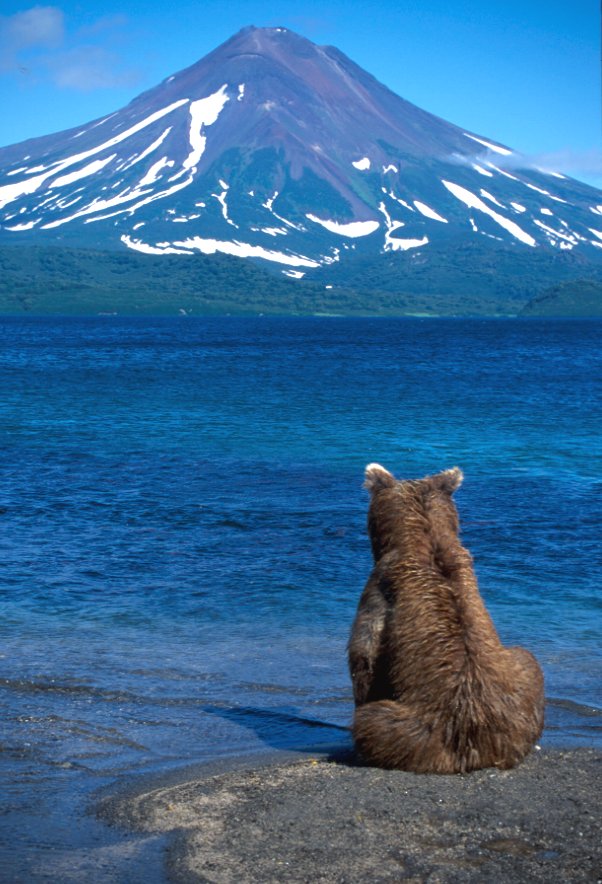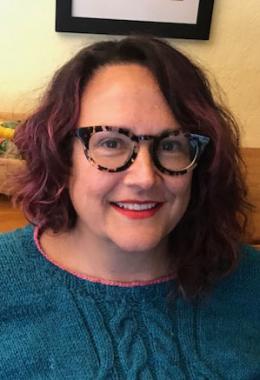Pea Horsley is the UK’s most highly regarded animal communication specialist. Sowing the seeds of profound transformation, her goal is to deepen our personal and spiritual understanding of the natural world, re-wilding our connection along the way by offering grounded, practical, and compassionate teachings to everyone from complete beginners and those with more developed intuitive skills.
She is the Founder of Animal Thoughts and co-creator of The Pride – Animal Wisdom Membership (along with the Animal Kingdom) – a community for people to engage in deep, profound, and healing heart-to-heart communications with species who ‘step’ forward to be heard in timely fashion with the elevation of consciousness on Mother Earth.
Pea supports people on their animal communication journey with online course, Animal Communication Made Easy, three best-selling books, Heart to Heart, The Animal Communicator’s Guide Through Life, Loss and Love, and Animal Communication Made Easy, a TEDx talk on interspecies connection, mentoring, and in-person or online events and workshops, including collaborations with HeartMath trainer – Sheva Carr, South African Animal Communicator – Wynter Worsthorne, Founder of the Global White Lion Protection Trust – Linda Tucker, and Co-Chair of the African Pangolin Working Group – Alexis Kriel, and Wildlife Photographer – Gareth Thomas, APWG.
Pea created the Conversations with Nature World Summit, in an answer to the Animals request – an annual/biannual online event bringing together 24 inspiring speakers sharing interspecies communication, ecological wisdom, cosmic consciousness, and sacred activism. Now in its third year, this is a free, online event for animal lovers and nature appreciators and those seeking to revitalize their relationship with the natural world.
Pea’s ethical Wild Animal Communication Retreats held around the globe, are heart adventures into the deepest aspects of animal wisdom, love, and transformation. Pea was nominated for the Woman of Peace Award 2022.










































































